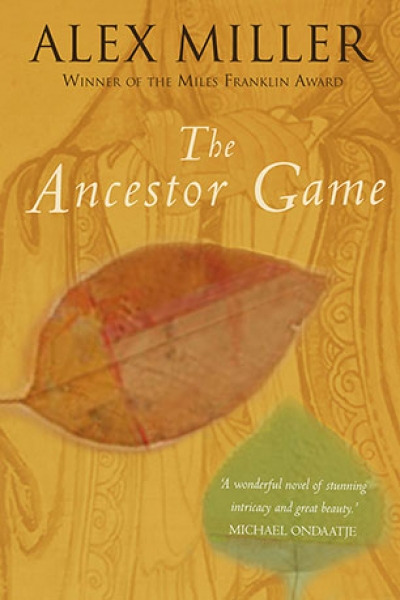Alex Miller
Alex Miller was recently awarded the Braille Book of the Year Award for his novel The Tivington Nott. When he accepted this award, he spoke of the archaeology of writing and how he sees his work as being like a buried city, waiting to be excavated. This is an edited extract from his speech.
Writers and readers, it seems to me, are often driven by a need to confess. Everything. Not just sins. But the lot. To confess in the original secular sense of this word; to utter, to declare (ourselves, that is), to disclose and uncover what lies hidden within us. If I’d not been a writer, I used to think I’d like to have been an archaeologist. It’s only recently I’ve located the connection between writing fiction and archaeology. Historians and biographers are probably just as confessional in their work as writers of declared fictions. But they are undoubtedly able to more easily disguise this because they are accountable to the objective – to outcrops of unrelocatable facts along the way, that is.
... (read more)Writers and readers, it seems to me, are often driven by a need to confess. Everything. Not just sins. But the lot. To confess in the original secular sense of this word; to utter, to declare (ourselves, that is), to disclose and uncover what lies hidden within us. If I’d not been a writer, I used to think I’d like to have been an archaeologist. It’s only recently I’ve located the connection between writing fiction and archaeology. Historians and biographers are probably just as confessional in their work as writers of declared fictions. But they are undoubtedly able to more easily disguise this because they are accountable to the objective – to outcrops of unrelocatable facts along the way, that is.
... (read more)



